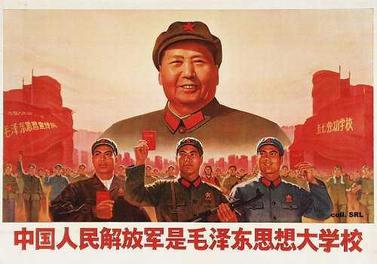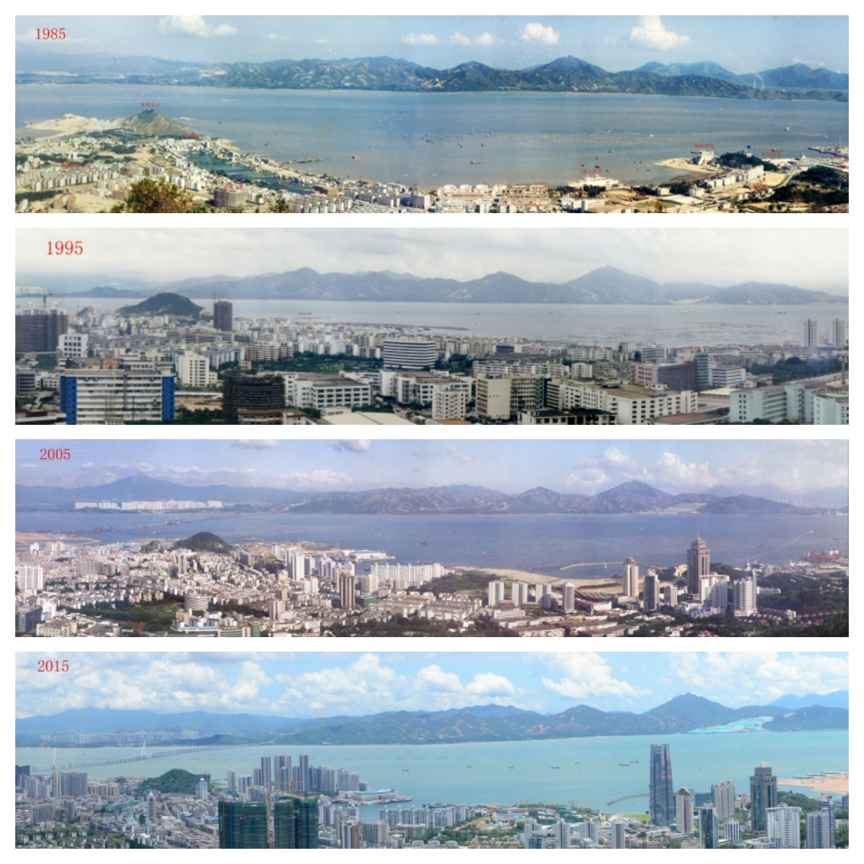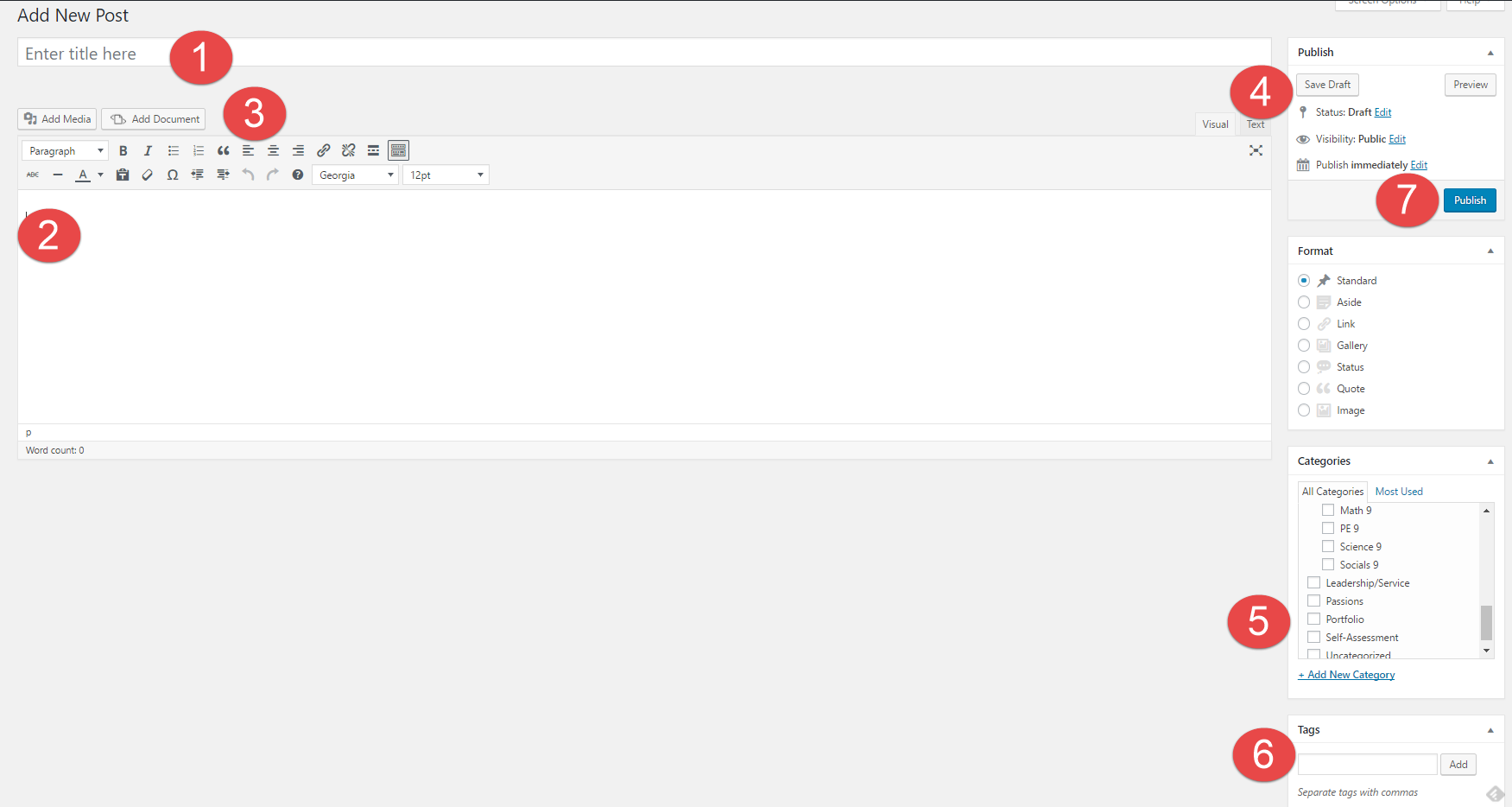Over the weekend, I read many of my peers’ blogs. During this period, I learned many things from my peers. First and foremost, I learned a lot about their eminent persons and how my peers connect to them. Moreover, I could understand other’s thought processes about choosing, connecting, and writing about their chosen eminent person. Thus, it gives me another perspective on eminence, my chosen person, and how to proceed going forwards. Next, I now know what worked well and what would be something to look out for moving forward. For example, I noticed that because I didn’t know much about other’s eminent person, information on the eminent person’s life and achievements were very beneficial in understanding why they are considered eminent or how my peers can relate to them. Lastly, I learned what worked and what did not as a result of my peers reviewing my work. To elaborate, my peers reviewed my work and told me what was something they liked and something that can be improved. For example, something that was generally said was good was how I may not be able to connect with my eminent person, which lets me learn that that could be a model for the future. Contrary to that however, some improvements would be to add a sign-off, and expand about my eminent person in relation to my goal and elaborate on the obstacles they faced, which I can keep in mind for the future. Thus, that is what I learned from reading my peers’ blogs and the comments they made for me.
Eminent Person: Deng Xiaoping
“冷静观察、稳住阵脚、沉着应付、韬光养晦、善于藏拙、决不当头、有所作为。”
-邓小平
“Keep a cool head and maintain a low profile. Never take the lead – but aim to do something big.” -Deng Xiaoping

To become the mastermind of society’s ambition is what everyone strives for. Deng Xiaoping embodies this quality with perfection. This is what brings me to my first point, what specifically draws me to Deng. I originally was drawn to him by his accomplishments, particularly his ability to swiftly improve the economy in China. As I read further, I was drawn by his character and personality and realized how I could relate and connect to him personally. For example, some of his interests were history, especially The Records of the Three Kingdoms, and geography, and is said to have brought an atlas with him to pinpoint where he was, which are both areas that I am also interested in. In terms of upbringing, he lived abroad in France and Russia, and spent middle school in France, and studied at Sun Yat-Sen University in Moscow, similar to how I am a part of a larger diaspora community. As for qualities, I feel like ambitiousness is a trait that I share in common with Deng Xiaoping. The night before he left for France, his father asked him what he wanted to learn. Deng responded with to “learn knowledge and seek the truth from the West in order to save China”, a dream he’d eventually achieve. This exemplifies my goals in TALONS as I wish to learn a vast amount of knowledge as well as knowledge in fields that I am interested in to better my own and other’s futures. However, everything has a flip side, in this case, barriers to connecting and relating Deng Xiaoping. First and foremost, is the difference in age. Deng was born on August 22nd, 1904, over a century before I was born. Moreover, the period of time in which he grew up, spent his adulthood, and his time in office feel very foreign to me, as I feel no connection to that time period, nor do I understand that time period well enough. Next, while being Chinese, I lack the understanding of how Chinese society functions, let alone back in Deng’s generation, like aforementioned. To elaborate, despite having visited China before, I do not understand the intricate structure of Chinese society, even in present times, and thus unable to understand the China of the past. Lastly, I am unable to connect with the hurdles and barriers he faced. An example of this would be the two times he faced political purges, and essentially disgraced by society. I live in an era in which political purges feel extremely rare, something that was not true in 60s and 70s China.  To address this, I can better understand how life was like during those times to better understand Deng’s mindset, thoughts, and actions, all of which together form his eminence. This eminence is demonstrated by his contribution to Chinese politics. For example, he ended the Two Whatevers, referring to “We will resolutely uphold whatever policy decisions Chairman Mao made, and unswervingly follow whatever instructions Chairman Mao gave”, in politics, and started an era of “Socialism with Chinese Characteristics” and capitalism. To elaborate, he ended the Two Whatevers as a part of a wider reversal of Maoist era policies and ideology, and shifted to politics in China to a more moderate stance, in addition to the implementation of a more capitalist system, both of which still heavily influence present-day China. This also relates to how he left change in the universe. He brought a struggling nation on the brink of starvation to what is now one of the largest nations from an economic perspective. Deng helped modernize a China which was underdeveloped and struggling economically by modelling the footsteps of the Asian Tigers,
To address this, I can better understand how life was like during those times to better understand Deng’s mindset, thoughts, and actions, all of which together form his eminence. This eminence is demonstrated by his contribution to Chinese politics. For example, he ended the Two Whatevers, referring to “We will resolutely uphold whatever policy decisions Chairman Mao made, and unswervingly follow whatever instructions Chairman Mao gave”, in politics, and started an era of “Socialism with Chinese Characteristics” and capitalism. To elaborate, he ended the Two Whatevers as a part of a wider reversal of Maoist era policies and ideology, and shifted to politics in China to a more moderate stance, in addition to the implementation of a more capitalist system, both of which still heavily influence present-day China. This also relates to how he left change in the universe. He brought a struggling nation on the brink of starvation to what is now one of the largest nations from an economic perspective. Deng helped modernize a China which was underdeveloped and struggling economically by modelling the footsteps of the Asian Tigers,  lifting millions out of poverty in the process. Moreover, he established good relations with the United States and its neighbours such as Japan and Singapore. This did not only affect those living in China but also those across the world as the global economy is forever changed by a thriving Chinese economy. I believe that Deng, albeit overshadowed by the more famous Mao Zedong and having a humble personality, will be remembered for generations to come as his actions go through the butterfly effect, despite the fact that he was disgraced from society numerous times during his career. As his wish for saving China from a dark era manifests, we can take away that one’s individual ambition is strongest when it benefits society’s collective ambition, and that ambition is always achievable with hard work, and cards played with thought.
lifting millions out of poverty in the process. Moreover, he established good relations with the United States and its neighbours such as Japan and Singapore. This did not only affect those living in China but also those across the world as the global economy is forever changed by a thriving Chinese economy. I believe that Deng, albeit overshadowed by the more famous Mao Zedong and having a humble personality, will be remembered for generations to come as his actions go through the butterfly effect, despite the fact that he was disgraced from society numerous times during his career. As his wish for saving China from a dark era manifests, we can take away that one’s individual ambition is strongest when it benefits society’s collective ambition, and that ambition is always achievable with hard work, and cards played with thought.
My goal for the next phase of research would be too learn more about Deng’s personal life and what society was like throughout the course of his life. If I have time, I would also like to read My Father Deng Xiaoping
Digital Footprint Assignment
1. How might your digital footprint affect your future opportunities? Give at least two examples.
My digital footprint might affect my future opportunities in two ways. Firstly, if someone altered what I have said or done on the internet (photoshopping, editing HTML on their end, getting control of my account, etc.), it could affect my future opportunities. And secondly, if I say something inappropriate, that could affect my future.
2. Describe at least three strategies that you can use to keep your digital footprint appropriate and safe.
To begin with, I can avoid saying things that are not appropriate as that can be used against you without editing. Next, I can keep my accounts as private as I can so that only people I know can see my information, and thus the anonymity is removed and there is a level of responsibility. Lastly, I can make sure that my passwords are strong and that no one knows it.
3. If you could go back in time, is there anything that you would do differently online? Think of what advice you would pass on to your younger self or other students.
The advice I would give is to not engage in controversial, often political topics in comment sections.
Training Post
You are now going to create your very first post. In a separate tab or browser window, go to your Dashboard on the left and go to Posts -> Add New.
1) Title – Create a title for your blog post. Your title will be: Digital Footprint Assignment
2) Body – This is where you place your content of the post – text, videos, pictures, etc. Follow the instructions on the Digital Footprint Assignment page to see what questions you need to answer here.
3) Tool Bar – In your toolbar you can “Add Media” and “Add Documents” into your posts, this is the best way to create visual representations. You can also change fonts, hyperlink, etc.
4) Publish – Here is where you control what items are public and private. You can also control when they are published to your website.
5) Categories – Here is where you choose where you want your post to go. This is your digital binder with all of your subjects. Make sure to categorize each post with the relevant subject. E.g. Categories -> English
6) Tags – Here is where you tag posts with one or two of the most readily applicable Core Competencies. These tags can help you find things quicker on your blog and help you stay organised. E.g. Tag -> creativethinking
7) Publish – When you are done, simply “Publish” it. If it has been edited, press “Republish” to update with the latest version of the content.
